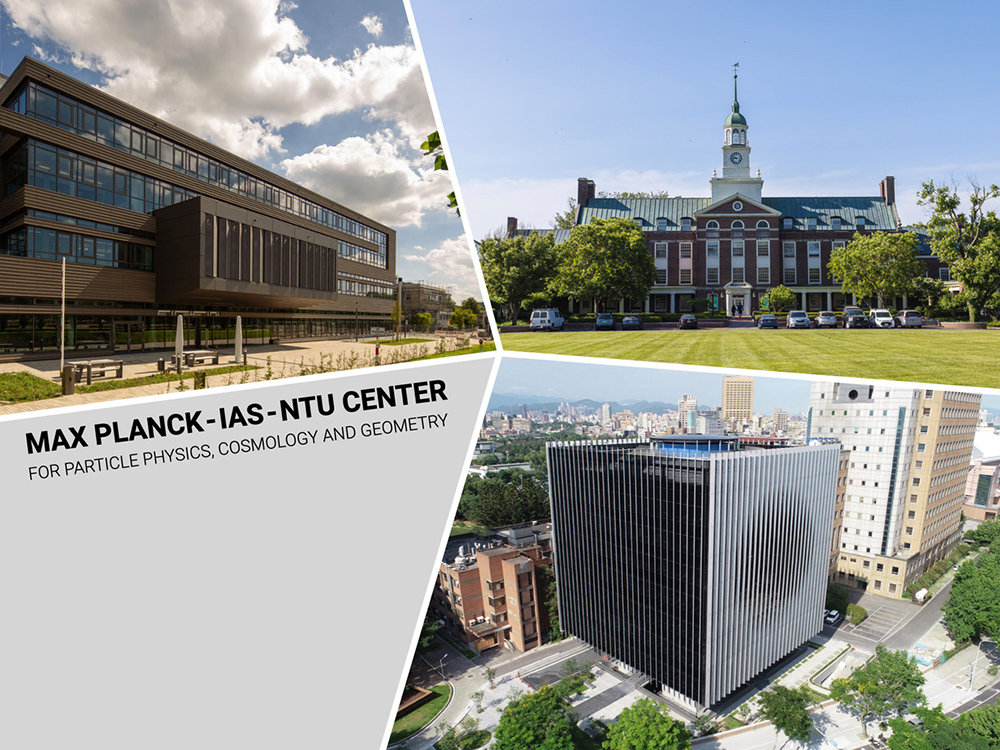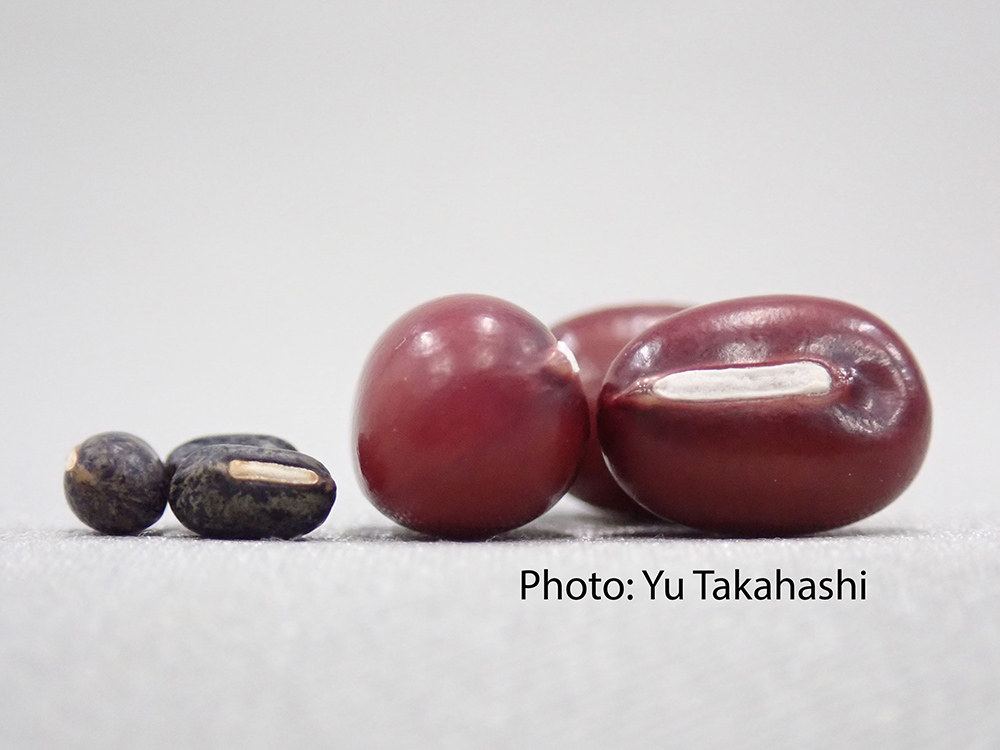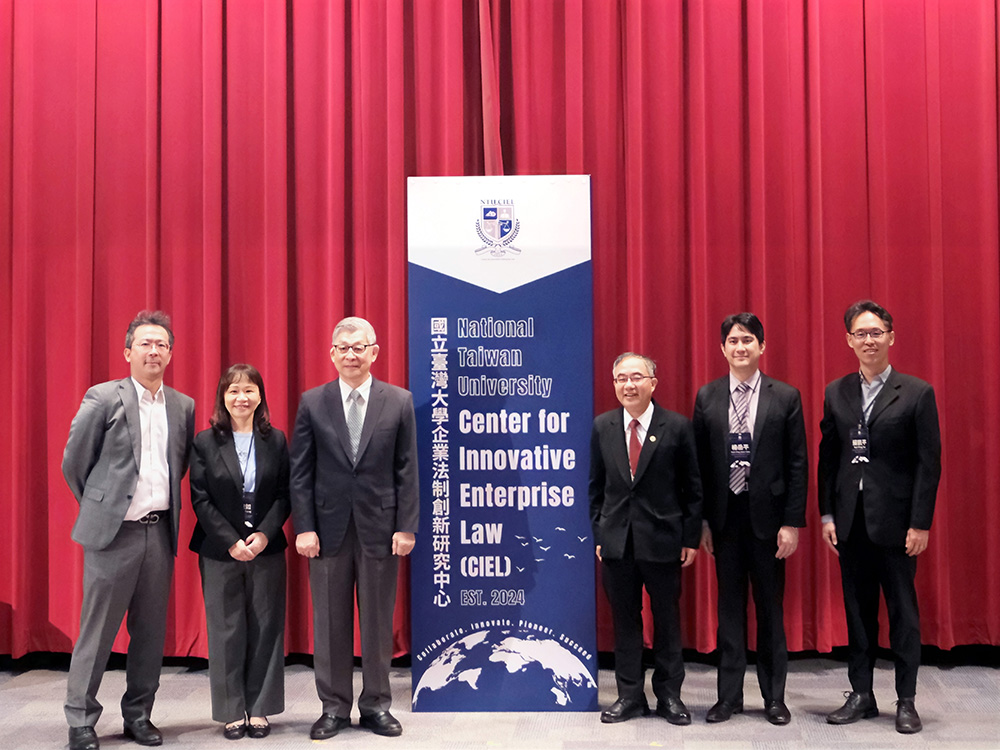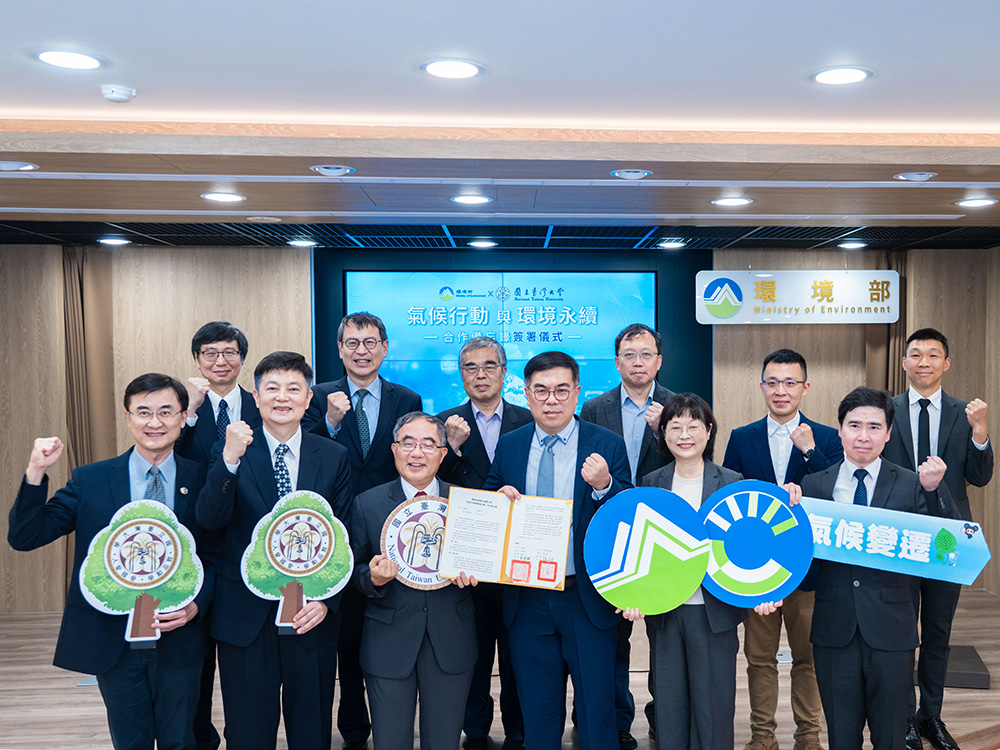
A new milestone for science at NTU: The inauguration of the Max Planck-IAS-NTU Center
瀏覽器版本過舊,或未開啟 javascript
請更新瀏覽器或啟用 javascript
Spotlights
Group photo at the joint forum.
Interim President Chang presents a gift to Chancellor Jones at the Chancellor's Dinner.
Discussion on the subtopic of Bio-Medical & Cancer Research.
Cross-Cutting Thematic Session.
An NTU delegate presents in the session of Mobility & Autonomous/Connected Vehicles
Group photo of the participants in the visit to the Metropolitan Farm.
The University of Illinois at Urbana-Champaign (UIUC) welcomed a major NTU delegation to its campus in September to participate in the Illinois-NTU Global Issues Forum: Health in Smart Urban Environments, held at UIUC's Beckman Institute for Advanced Science and Technology on September 21-22.
Following decades of interaction between the two universities, NTU and UIUC formally upgraded their relationship to that of key strategic partners in 2013. The two partners established the Global Issues Forums with the goal of expanding interdisciplinary research cooperation between their faculties. The first joint forum was held at NTU in November 2014.
NTU Interim President, Executive Vice President for Administrative Affairs Ching-Ray Chang (張慶瑞), who led 41 NTU administrators and faculty members in attending the recent forum at UIUC, noted that UIUC Chancellor Robert Jones' agreement to officially recognize NTU as a top-level partner and to join it in establishing a research fund would help NTU expand its contacts and realize its goals in the areas of higher education development and international partnerships.
Reflecting the close cooperative friendship shared between NTU and UIUC, Emeritus President of the University of Illinois System Robert Easter attended the two-day event as an active participant and even offered his insights during subtopic group discussions.
Under the main topic of Health in Smart Urban Environments, the forum addressed six interdisciplinary subtopics: Air and Water Quality, Healthy Aging in Urban Environments, Built Environment and Health, Urban Agriculture and Food Security, Bio-Medical and Cancer Research, and Mobility and Autonomous/Connected Vehicles.
A year before the forum, subtopic teams at each university began actively discussing such issues as the forum's operational model and the order of presentations in order to ensure productive subtopic group discussions and allow sufficient time to discuss promising areas for future cooperation and action plans.
In addition to the six subtopics, the forum also featured three cross-topic issues: (1) Innovation and Social Entrepreneurship: Leveraging "Blue Sky" Thinking for Sustainability; (2) Informatics and Digital Analytics: Putting Data to Work for Healthy, Livable Cities; and (3) Social Equity and Access: Leveraging Diverse Urban Populations for Enhanced Health, Prosperity, and Quality of Life.
The cross-topic issues allowed the participants in the subtopic discussions to relate their research interests to the forum's main topic, Health in Smart Urban Environments. Moreover, the broader focus of the cross-topic issues enabled the participants to discuss a wide range of viewpoints from across various disciplines and engage in brainstorming regarding new areas for research cooperation.
The history of exchanges between NTU and UIUC dates back to the era of former NTU President Shih-Liang Chien (錢思亮), who served from 1951 to 1970. Furthermore, the bond between our two institutions is made all the more stronger by the more than 80 full-time and part-time NTU faculty members who have earned degrees from UIUC. The partners jointly established the Global Issues Forums to expand research cooperation between the universities' faculties and solve the problems facing society.
As for the future of the NTU-UIUC partnership, NTU looks forward to bringing together instructors from both on and off campus to form an international, inter-institutional, interdisciplinary research group. The group would provide a fully-developed working space in which cooperating researchers can strive to formulate solutions to the problems facing urban environments and put academic research funds to good use. This would also give students opportunities to learn through practical experience, and thus cultivate a new generation of well-rounded professionals across different disciplines—a generation that can go on to produce new research achievements that can be put to real use in reaching society's goal of sustainable development.
This article was originally featured in NTU Highlights (December, 2017).

A new milestone for science at NTU: The inauguration of the Max Planck-IAS-NTU Center

A Distinguished Global Research Center Established at NTU under Trilateral Cooperation

Collaborative study between NTU and Japan uncovers the origin of Adzuki Beans and agriculture in Japan

NTU Launches Center for Innovation in Enterprise Law—with Forum Highlighting Trump’s Policy and Legal Shifts Amid Geopolitical Tensions

NTU and Ministry of Environment Sign MOU to Advance Net-Zero Transition and Environmental Resilience
Current Spotlights